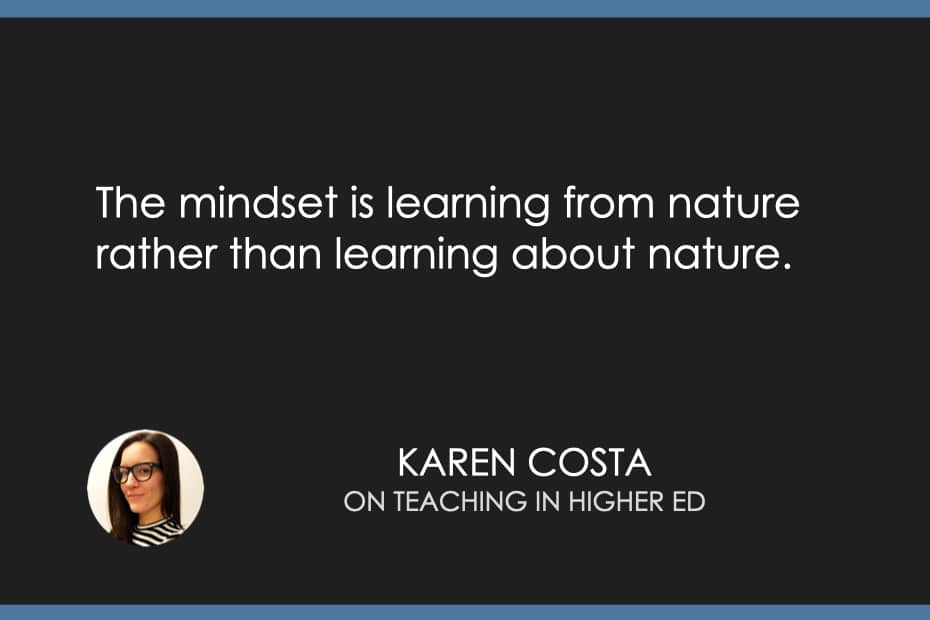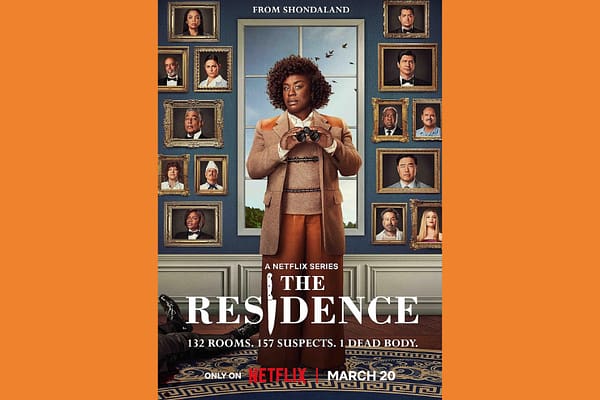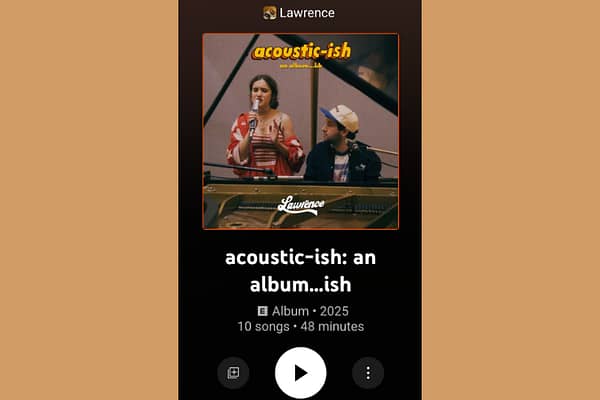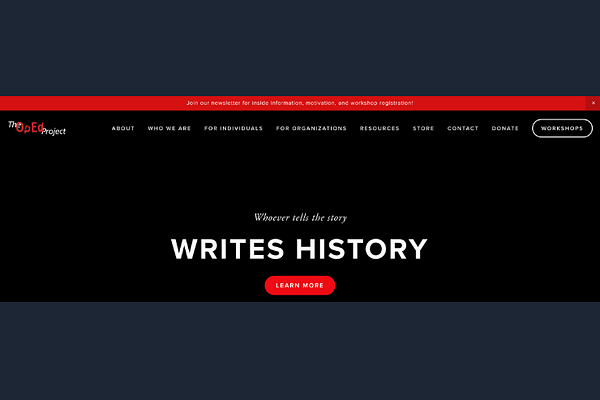Podcast (tihe_podcast):
Play in new window | Download | Transcript
Subscribe: Apple Podcasts | Spotify | RSS | How do I listen to a podcast?
Karen Costa describes learning to teach, design, and rest on episode 578 of the Teaching in Higher Ed podcast.
Quotes from the episode

Gardening is something I've tried and failed at many times. I don't know if it's something you can win or fail at.
-Karen Costa
There's a ton of research on our mental health and well being and what green spaces can do for us.
-Karen Costa
The mindset is learning from nature rather than learning about nature.
-Karen Costa
Nature is really, really good at resting.
-Karen Costa
Resilience is born of rest, of hibernating, of knowing that we've got to kind of go down into the ground, into the earth, in those seasons of quiet and peace in order to begin again and rejuvenate.
-Karen Costa
Diversity is the foundation of life. Diversity is strength.
-Karen Costa



